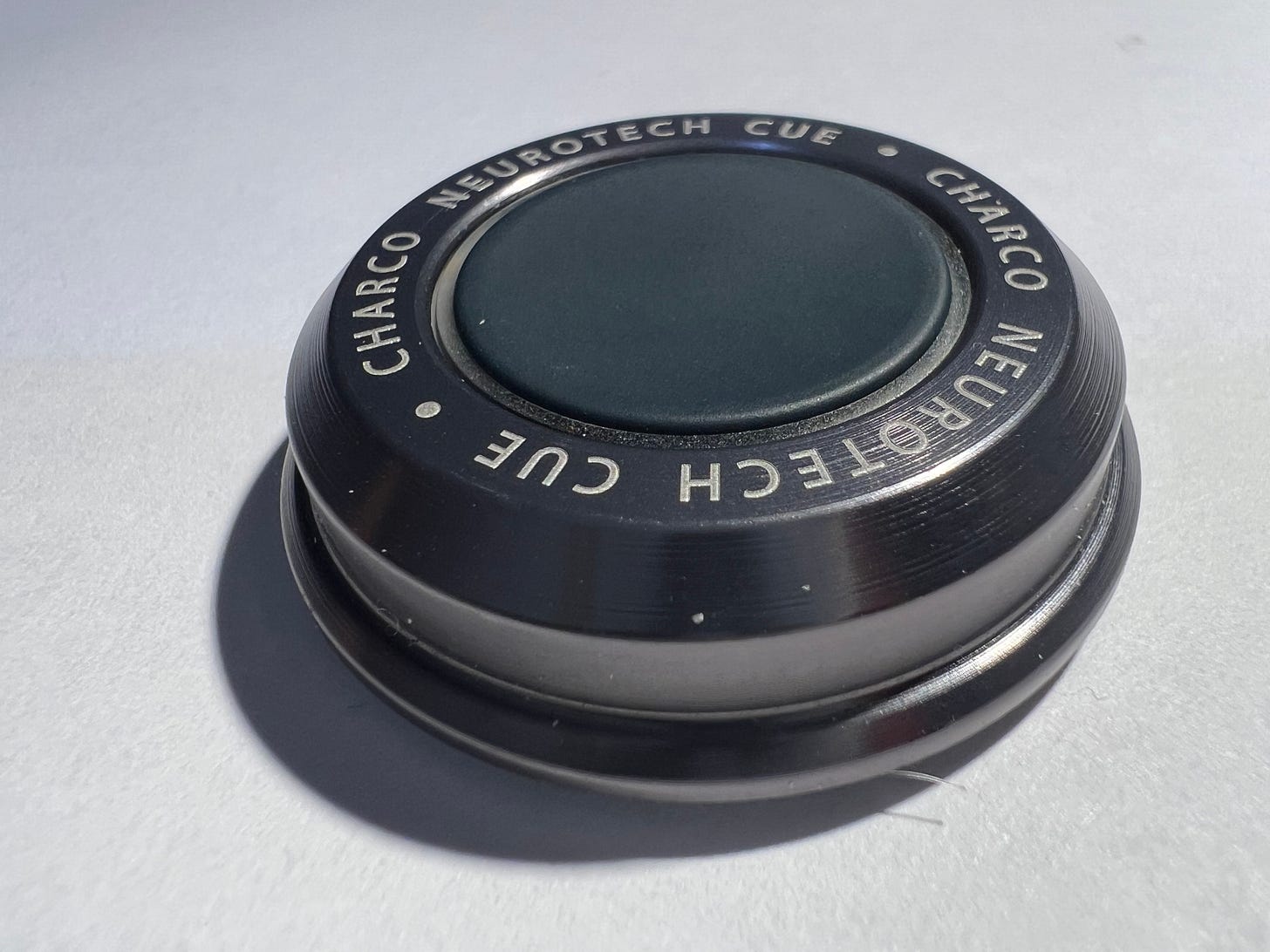Implanted devices - what happens when the maker goes bust?
I wrote last May about efforts to build a national database of implanted medical devices - a vital resource if anything goes wrong, as happened with the vaginal mesh scandal, where thousands of women were left in severe pain.
Now a brilliant investigation by the magazine Nature has highlighted another reason we need such a register - the disaster facing patients when the maker of a device which has become vital to their wellbeing goes out of business. The article’s author Liam Drew talks to people who have had devices implanted which mitigate the agonising effects of what are known as cluster headaches. When the San Francisco startup behind the device folded, they were left without access to the software needed to update the device or any way of replacing the battery.
Drew suggests that other implanted neurotechnology devices - systems which intervene directly in the brain - could be affected by similar issues. These include Deep Brain Stimulation (DBS) systems which have proved effective in controlling the symptoms of Parkinson’s. In the UK, at least, one would hope that clinicians and hospitals have made sure that they can continue to monitor and upgrade such systems, whatever happens to any commercial organisations behind them.
But this all set me thinking about the role of regulators at a time when all sorts of exciting healthtech innovations are coming out of startup businesses. Many need to be licensed as medical devices by the MHRA but for non-invasive gadgets like the various wearables I have been testing, that appears to be a pretty simple process.
That seems fair - devices such as the Charco Neurotech Cue-1 I have been wearing for a couple of months are experimental and seem extremely unlikely to do any harm to their users. But the question is what happens if they turn out to do a lot of good and their users come to rely on them? If the start-ups behind such devices go bust - or simply move on to other projects - then they could be soon be as useless as the Google Glass headset which sits gathering dust on a shelf in my office.
Perhaps the regulators need to ask companies not just whether their devices work and are safe, but whether they are built on open source principles so can continue to be accessible and upgradable even after the demise of their creators.



Roy, where cube1, lasts or not, now is the moment. The cube has already making a impact for the better, my wife has the tremours, these have already reduced the force. Mean now she has better contol when eating. It's not perfect, still have freezing and shuffling to content with, even them as it's moment of relief For me £295 well worth
Even if the venture is trying a proprietary model, assets can be open sourced if a business closes, so that others can at least attempt maintenance and upkeep. In ethical/responsible tech startup support this is on the agenda - for instance, in the Ethics programmes from the Digital Catapult we always mention this. Of course, it's trickier if the startup is acquired and then the activities closed down...